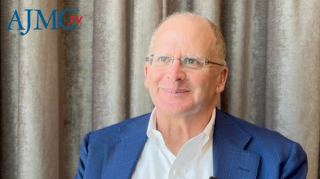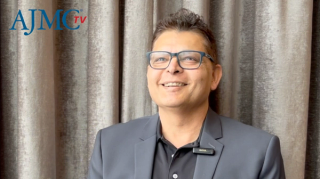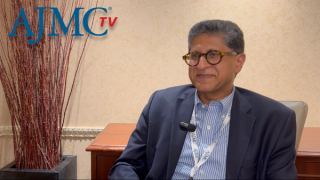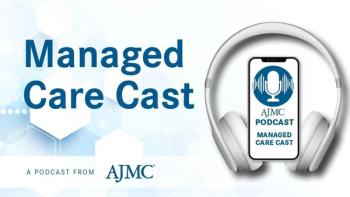
Health Care Cost
Latest News

Latest Videos

Podcasts
CME Content
More News

A JAMA study found 30-day outpatient follow-up decreases hospital readmissions, especially for patients with heart failure and heart attack.

Guideline-directed medical therapy used with remote monitoring can potentially reduce hospitalization in patients with heart failure with ejection fraction.

Experts discuss the evolution of cancer care, emphasizing value-based approaches, precision oncology, and the importance of multidisciplinary collaboration for improved patient outcomes.
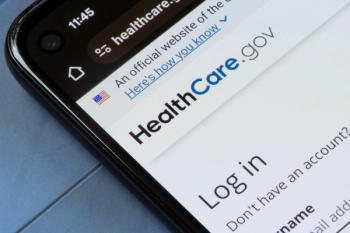
As open enrollment begins November 1, 2025, millions are signing up under enhanced subsidies that are set to expire at the end of this year.

Experts discuss how topical therapies effectively manage atopic dermatitis in pediatric patients, enhancing outcomes and addressing unique challenges.

Measles vaccinations and preparation can prevent significant strain on financial and public health systems in the country.

Innovative payer approaches and holistic support could help expand GLP-1 use and improve obesity care outcomes, experts claimed.

PBM legislation is rising nationwide, which experts emphasize could increase costs and hinder patient care.

Guideline adherence in treating acute lymphoblastic leukemia (ALL) enhances health care resource utilization, especially for adolescent and young adult patients.
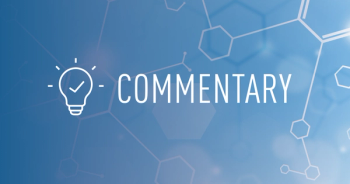
Changing the FDA biosimilar interchangeability standards is a necessary but likely insufficient step to improve biosimilar competition in the US.

Experts at AMCP Nexus 2025 highlighted how real-world data can improve CAR T-cell therapy access and outcomes.

Premiums for coverage on the ACA marketplaces are set to jump by an average of 26% next year, even before the expiration of subsidies is factored in.

Discover how the Hearing Loss Association of America advocates for hearing loss awareness and hearing health integration through a dialogue with Barbara Kelley, executive director.

Researchers found more local pharmacies than facilities that prescribed pre-exposure prophylaxis (PrEP) in areas of high case load.

Posters presented at AMCP Nexus 2025 found especially low oral HIV PrEP uptake among transgender individuals and those facing insurance challenges.

Experts at CHEST 2025 highlight rising costs, insurance complexity, and workforce shortages as major barriers to health care access in the US.

Removing out-of-pocket costs for follow-up colonoscopy led to an immediate and sustained increase in utilization.
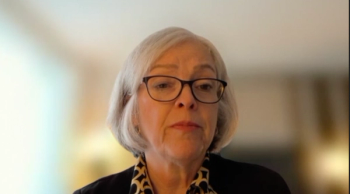
Susan Escudier, MD, FACP, of Texas Oncology, suggests actionable insights to improve equitable access to patient cancer care

Medicare Advantage grocery supplemental benefit use is associated with increased outpatient care, suggesting that policy changes allowing for nonmedical supplemental benefits could improve beneficiaries’ health, especially for dual-eligible beneficiaries.

Counseling patients with obstructive sleep apnea on using GLP-1s effectively prior to starting treatment can help ensure adherence, said Matthew Biszewski, PharmD.

Medicare expenditures for patients with amyotrophic lateral sclerosis are more than 3 times those of the average Medicare beneficiary, and drug therapies are an important cost driver.

Andrew Wolf, MD, discusses the growing costs, treatment advances, and geographic disparities in multiple sclerosis care.

A new report shows Vermont, Utah, and Minnesota lead, while Louisiana, Mississippi, and Kentucky lag in Medicare performance.

Measures need to be taken to elevate engagement both from employees and the general public as public confidence in the US health care system declines.

Adults with diabetes were 24% less likely to visit an emergency department in 2021 than in 2019.




